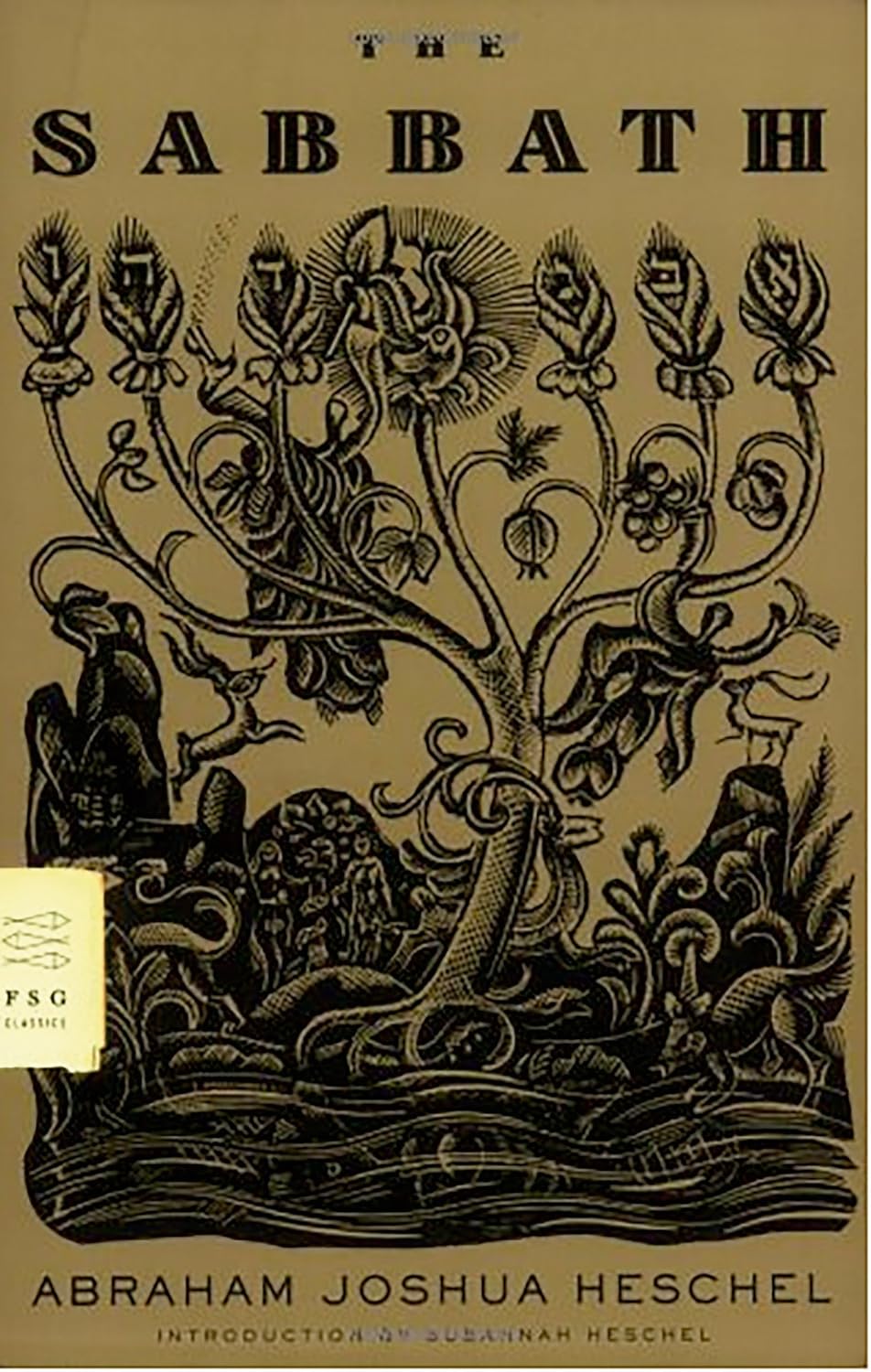The Sabbath by Abraham Joshua Heschel

This book was originally published in 1951 by Abraham Joshua Heschel, who was a Polish-American rabbi and one of the leading Jewish philosophers of the 20th century. The first time I've heard about it was from Cal Newport's Deep Questions podcast. I've been listening for Cal's podcast for a while, and one interesting theory has stuck in my mind: Cal's theory of media consumption.
Cal's theory revolves around the idea of engaging with content at different levels of complexity, depth, and accessibility. He breaks it down into three categories: original sources, secondary sources, and synthesized sources.
Original sources are the primary materials that give you direct access to the ideas being discussed, like books, scholarly articles, research papers, and historical documents. Secondary sources analyze, interpret, or critique these original sources. Think review articles, biographies, and critical essays. Then there are synthesized sources, which combine info from multiple secondary and sometimes original sources to provide an overview or a new synthesis of knowledge, like textbooks, pop science books, and articles. According to Cal, by consuming media at these different levels, you can develop a more nuanced, well-rounded, and critical approach to taking in information.
"The Sabbath" is a book that definitely fits into the category of an original source. It's quite complex, especially for someone not very familiar with Jewish traditions. Its poetic and metaphorical style, along with references to historical parables, makes it less accessible to the general reader. To be honest, it wasn’t an easy read for me. But that's exactly why it was worth it. I think a work of this depth, like many philosophical writings, needs to be read multiple times. In between reads, it's helpful to spend some time reflecting on your own thoughts and trying to make sense of them.
Another reason I picked up this book was my genuine interest in the concept of the Sabbath – "the seventh day" itself. We often hear about digital sabbaticals or sabbatical leaves, but those terms have little in common with the original meaning of the Sabbath. Sometimes, books can offer glimpses into worlds so different from our own that it feels like traveling to a foreign place, talking to people with completely different backgrounds, and coming back home with a broader understanding of those around you. "The Sabbath" was definitely such a book for me.
The book also makes it clear that the Sabbath isn't just a day of rest meant to make us more efficient during the other six days. It plays a much more central role – the rest of the week builds up to the Sabbath, which serves as a great cathedral in this religion of time. According to Heschel, an ancient Aramaic translation of Genesis doesn't say the familiar "God rested on the seventh day," but instead "coveted" the seventh day.
After gaining these small bits of understanding about the meaning and importance of the Sabbath to those who observe it, it becomes clear why trying to replicate it in a secular, individual setting (like digital sabbaticals) won't work, no matter how many notifications we mute or screen time limits we set for Saturdays. I see two main reasons for this. First, the Sabbath is a collective decision. When the whole community around you spends one day a week focusing on contemplation and each other instead of creation and consumption, there are far fewer temptations to start scrolling through your phone. Secondly, the underlying motivation for observant Jews is deeply rooted in their religious traditions. It goes far beyond just being less distracted and more rested. It's much easier to break a promise you made to yourself by picking up that phone than to violate the values and beliefs you've committed to upholding, which are rooted in thousands of years of tradition.